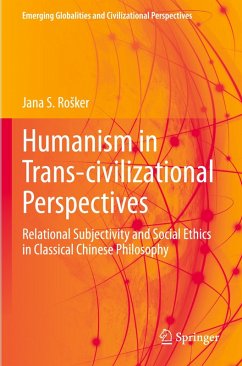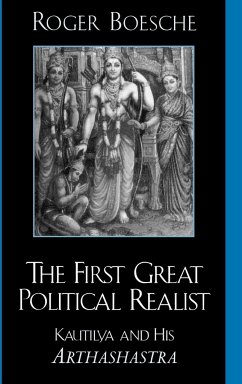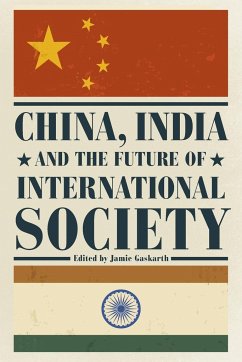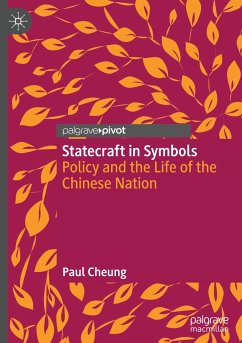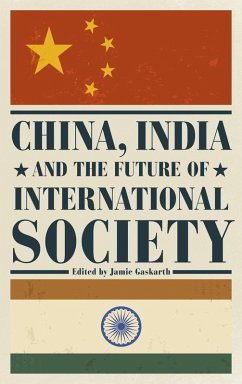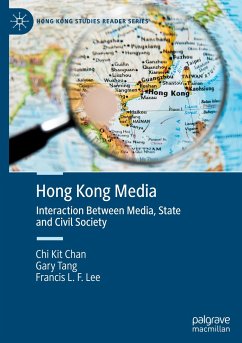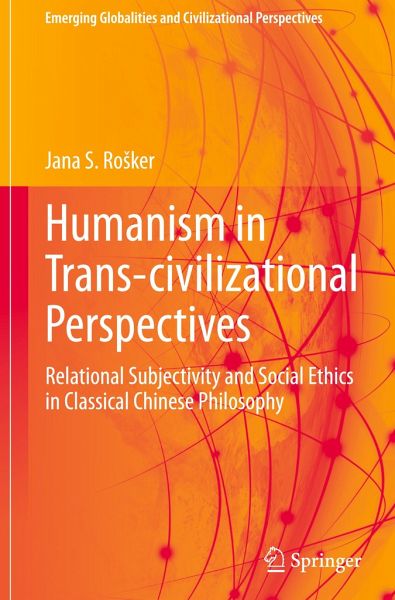
Humanism in Trans-civilizational Perspectives
Relational Subjectivity and Social Ethics in Classical Chinese Philosophy
Versandkostenfrei!
Versandfertig in 6-10 Tagen
98,99 €
inkl. MwSt.
Weitere Ausgaben:

PAYBACK Punkte
49 °P sammeln!
This book introduces into the current global ethics debate models of humanism developed in classical Chinese traditions, which have not yet been comprehensively presented to Western scholarship or integrated into the framework of global discourses on social ethics and morality. It creates new paradigms for an understanding of humanism that meets the demands of our time. It begins by presenting European descriptions and critical assessments of this discourse, and then moves to an exploration of humanistic ideas shaped through historical developments in Asia, with a focus on the Chinese traditio...
This book introduces into the current global ethics debate models of humanism developed in classical Chinese traditions, which have not yet been comprehensively presented to Western scholarship or integrated into the framework of global discourses on social ethics and morality. It creates new paradigms for an understanding of humanism that meets the demands of our time. It begins by presenting European descriptions and critical assessments of this discourse, and then moves to an exploration of humanistic ideas shaped through historical developments in Asia, with a focus on the Chinese tradition. In this sense, the book is written from a transcivilizational perspective. The methods used in the research transcend---that is, surpass and overcome---the rigid, isolating, and essentialist concept of civilization. At the same time, the book points to the possibility of transformation through the exchange of knowledge and ideas between different civilizations. Within this framework, the book starts from the assumption that the ontology of civilizations and cultures is not based on immutable substances, but on the relations between different factors that constitute them as categories. The transcivilizational perspective rooted in transcultural dialogues between philosophies that originated in different cultures and civilizations is particularly valuable because of the globalized world in which we live today. This means that the problems that affect people in different parts of the world and the issues that are embedded in different geopolitical and developmental frameworks also affect all of humanity.
This book is of particular interest to scholars and students of global ethics, globalization, Asian philosophy and Sinology.
This book is of particular interest to scholars and students of global ethics, globalization, Asian philosophy and Sinology.



